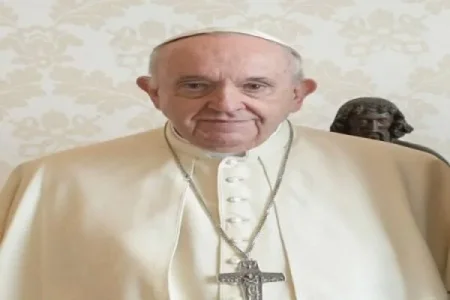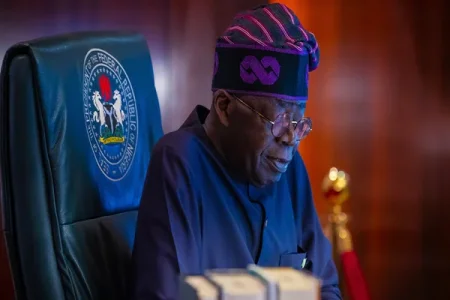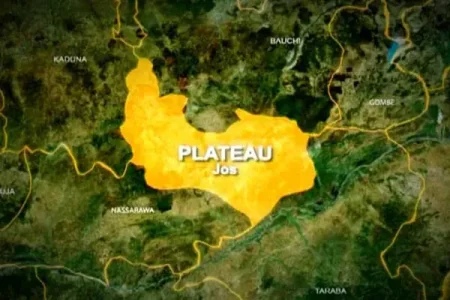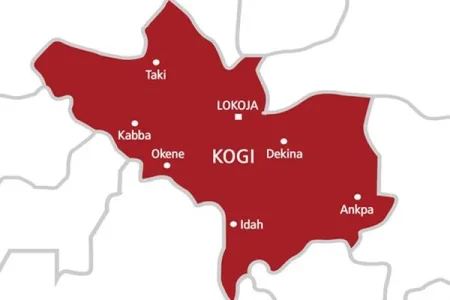
In a recent interview with Italian newspaper La Stampa, Pope Francis addressed the opposition to homosexuality within Africa, dubbing the continent a "special case" while expressing confidence that critics, except for Africans, would eventually comprehend his decision to allow blessings for same-sex couples.
The Pope's remarks came in the wake of the contentious document, Fiducia Supplicans (Supplicating Trust), which permitted such blessings, triggering heated debates within the Catholic Church. Particularly robust resistance emanated from African bishops who viewed homosexuality as culturally objectionable.
"Those who protest vehemently belong to small ideological groups," asserted Francis. "A special case are Africans: for them, homosexuality is something 'bad' from a cultural point of view; they don't tolerate it."
Despite the strong reactions, the pontiff expressed optimism that the spirit of the Fiducia Supplicans declaration aimed to include rather than divide. "In general, I trust that gradually everyone will be reassured by the spirit of the declaration by the Dicastery for the Doctrine of the Faith: it aims to include, not divide," he emphasized.
Last week, acknowledging the widespread pushback, especially in Africa, Francis underscored the importance of considering context and sensitivities when granting blessings, particularly in regions where same-sex relationships face severe legal consequences.
In response to concerns about conservative factions potentially breaking away from the Catholic Church due to his reforms, Pope Francis downplayed the risk, stating, "We must leave them to it and move on... and look forward."
The interview also touched on the Israeli-Palestinian conflict, with Francis asserting that true peace between the two entities would only materialize through a two-state solution, expressing lament over the widening conflict.
Looking ahead, Pope Francis confirmed a scheduled meeting with the president of Argentina, Javier Milei, on Feb. 11, hinting at the possibility of returning to his native country for the first time since assuming the papacy in 2013. His 2024 agenda includes planned trips to Belgium, East Timor, Papua New Guinea, and Indonesia.
Addressing concerns about his health, the 87-year-old Pope admitted to some "aches and pains" but assured that he is in good condition, signaling a positive outlook for the future.




